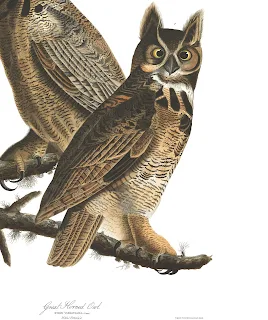Its story about the signing of the TPP by eleven nations was,
typically, full of contradictions and fibs.
Of course, any article whose premise is that a trade
alliance is the equivalent of “free trade” is in trouble from the get-go. You can’t
label your trade alliance “free trade” and then present it as a counter-weight
to an exporting superpower – which is what the article does in its first graf
by claiming that the TPP was conceived by the United States as a counterweight
to China. Of course, this ignores the advantages to corporations that made the
deal so sweet and rotten. Of course, drug companies in the United States would
like monopolies – those patents which have been stretched into unrecognizability
by corporate bought legislatures – to extend to other countries. This is
probably a bigger motivator than the anti-China canard. In fact, at this moment
when overdoses have overtaken car accidents and murder to become the no. 1
killer in the U.S., Big Pharma, with its oxycontin reserves, has been lookingto knock down laws in other countries to allow oxy to be prescribed on thecandystore model. TPP would have been an excellent vehicle for this. So othernations in the TPP trade alliance might have missed a bullet this time.
The article’s slant is transparent enough – but the article
goes further than the mislabeling a trade alliance as free trade. It reaches
the fib stage when it lightly touches ground on data.
“The new agreement — known as the Comprehensive and
Progressive Agreement for Trans-Pacific Partnership — drops tariffs drastically
and establishes sweeping new trade rules in markets that represent about a
seventh of the world’s economy. It opens more markets to free trade in
agricultural products and digital services around the region. While American
beef faces 38.5 percent tariffs in Japan, for example, beef from Australia, New
Zealand and Canada will not.”
Doing a little research on Google, I find that the tariff
for beef from Australia was not dropped because of TPP – it was dropped in 2015,due to another traditional trade treaty between Australia and Japan.
But still, one might say, that 38.5 percent tariff on American
beef must be a killer! Of course, that tariff – which goes up to 50 percent for
refrigerated beef – is high. And yet, in the year since it was slapped onAmerican beef, guess what? American beef sales to Japan have increased 20%.
I do wonder if the “sweeping trade rules” include the
godawful inclusion of “takings law” – a favorite of rightwing economists – that
was included in the original TPP. Takings law simply says that if a country or
a part of a country passes regulations that cut into a company’s earnings,
well, that is a taking, and the government then owes the corporation. How sweet
it is. In order to be totally fair about it, though, the TPP set up another
court system, staffed by corporation picks who would be totally, totally fair,
and called the Investor state dispute settlement court. Notice, there is no,
say, environmental multicorporation dispute settlement court on the horizon –
after all, global climate change is inevitable and good for you! But if the government
interferes with an asbestos company’s godgiven right to mine that stuff
regardless of the tender condition of the lungs of the miners – why, they
better pay up!
The TPP, as the article does not say, was opposed by both
Trump and Clinton. Clinton was right to oppose it. I’ve read Clintonites say
that really, she was lying, just like her husband lied about Nafta, and once
she got into office she would have stabbed her voters in the back by
flipflopping. I’ve criticized Clinton, but I really don’t think she is as bad
as her supporters make her out to be.



